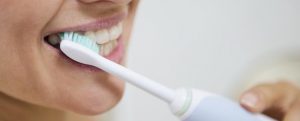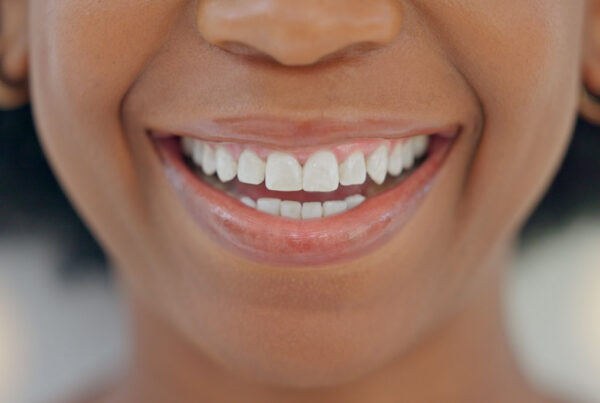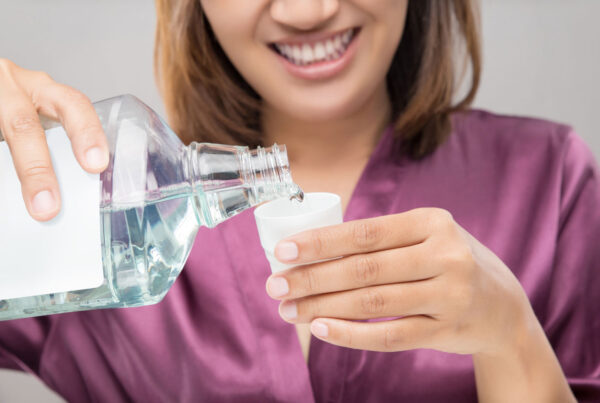
Using a proper brushing technique is an important part of dental hygiene. When you properly remove plaque and food debris, you may reduce your risk of cavities, gingivitis, periodontitis and other common dental issues. Try out these top techniques the next time you grab your toothbrush:
- Use a 45-degree angle: Putting the bristles at a 45-degree angle to your gums increases your ability to remove plaque along the gum line. It may be best to use a back-and-forth motion once your brush is at this angle.
- Incorporate different stroke lengths: Both short and long brush strokes can be beneficial in oral hygiene. The longer strokes can help clean the general surface of the tooth while the shorter strokes can ensure you remove plaque in hard-to-reach places.
- Clean every surface: Your tooth has three distinct surfaces: the outside, inside and chewing surfaces. You need to make sure to thoroughly clean each section for the best brushing technique. Cleaning your tongue, an additional surface in your mouth, regularly may improve bad breath.
- Change out your toothbrush: Try to use soft-bristled brushes to avoid damaging your gums. Typically, the brush should be replaced every few months. When your toothbrush starts to look frayed, it means it is time for a new one.
- Find quality toothpaste: The toothpaste you use on your teeth can play a big role in the quality of the cleaning. Your dentist may be able to help you find the best toothpaste for your teeth. For example, some pastes may help remove stains or reduce sensitivity.
- Spend ample time cleaning your teeth: It may be tempting to quickly run a toothbrush across your teeth and call it good. However, most dentists suggest you spend two minutes brushing your teeth during each session.
Finding a good brushing technique can help increase your oral hygiene. However, you need to make sure to make these brushing habits a regular part of your routine. You should try to brush your teeth twice a day for the best results.
Contact The Center City Dentist Today For Any Questions
For more information and to develop a treatment plan for you, consult with us today! Call us now (215) 567-2666.




























